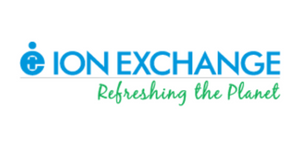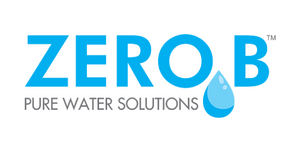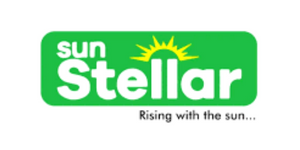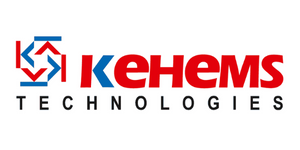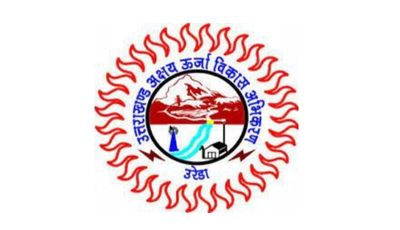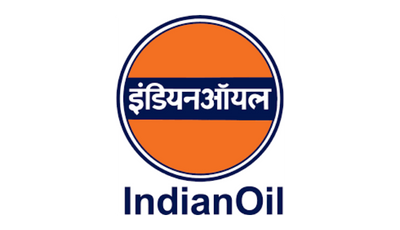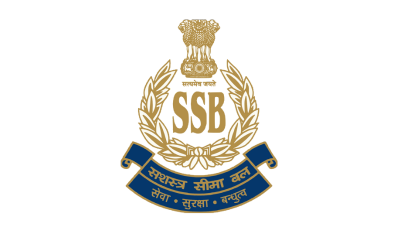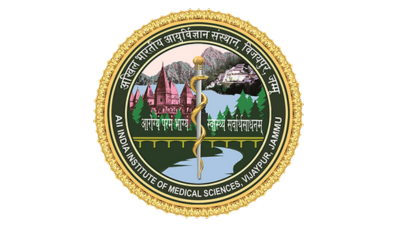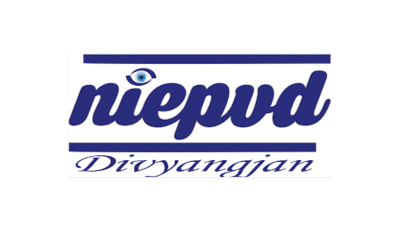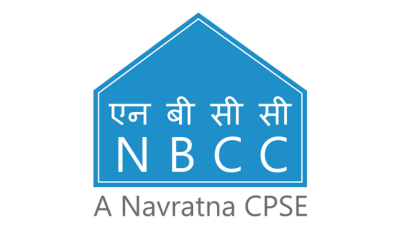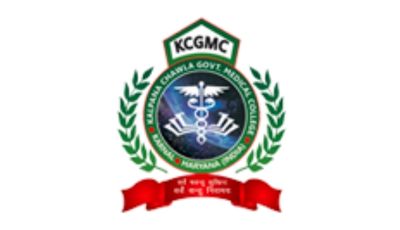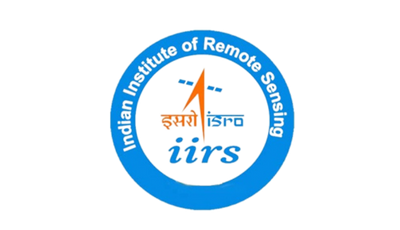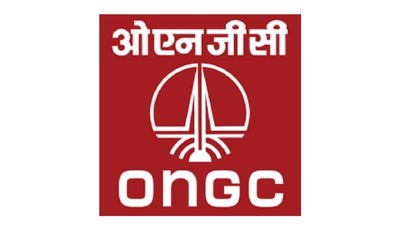Mentor Water Experts stands out as a premier provider of Effluent Treatment Plant (ETP) solutions, backed by our expertise as leading Effluent Treatment Plant Manufacturers. Our dedicated team of experts combines years of experience with cutting-edge technologies to design systems that not only treat and purify wastewater but also enable its safe reuse or environmentally responsible disposal.
We provide complete, tailored ETP solutions to businesses and organizations of all sizes. Contact us at +91 7351002123 to embark on a journey towards more efficient, responsible, and environmentally conscious practices.
If you reach out to us regarding a particular effluent treatment plant model, here’s what you can expect:
✅ Effluent treatment plant: From all the equipment and components, that are necessary to treat water cleanly. We will provide you with everything.
✅ Installation services: Not only the components, we will also offer you a range of installation services for a variety of water effluent treatment plant models.
✅ Operator training: Once your ETP is installed, we will provide extensive training to your staff. This will cover topics like how to operate and maintain your effluent treatment plant.
✅ Maintenance and support: Even after we are done with ETP installation and training programs, we offer a promising range of maintenance and support services. This includes routine maintenance, emergency repairs, and spare parts supply.
The specific treatment processes used in an ETP will vary depending on the type and composition of the wastewater being treated. However, most common effluent treatment plant follow a similar general treatment process, which consists of the following steps:

Preliminary Treatment
Preliminary treatment is the first step in the wastewater treatment process and it is designed to remove large objects and debris from the wastewater. This is typically done using screens and grit chambers. Screens are used to remove large objects, such as sticks, leaves, and rags. Grit chambers are used to remove sand and gravel.

Primary Treatment
Primary treatment is the second step in the wastewater treatment process and it is designed to remove settleable solids and suspended solids from the wastewater. This is typically done using sedimentation tanks. Sedimentation tanks are large tanks that allow the wastewater to flow slowly through them. As the wastewater flows through the tank, the heavier solids settle to the bottom of the tank. This sludge is then removed from the tank and disposed of.

Secondary Treatment
Secondary treatment is the third step in the wastewater treatment process and it is designed to remove dissolved organic matter and nutrients from the wastewater using biological processes. The most common biological treatment process is activated sludge treatment. Activated sludge treatment involves using a mixture of air and microorganisms to break down the organic matter.

Disinfection
Disinfection is the fourth and final step in the wastewater treatment process and it is designed to kill any harmful bacteria and viruses that may still be present in the wastewater. This is typically done using chlorine, ozone, or ultraviolet light. Chlorine is the most common disinfectant used in wastewater treatment plants.
Effluent Treatment Plants (ETPs) play a crucial role in mitigating environmental pollution by treating and purifying industrial wastewater before it is released into natural water bodies or the municipal sewage system. These facilities offer a wide range of benefits, both for the environment and society as a whole. Let’s see how your ETP process can make a difference:

Environmental Protection
Effluent treatment plants help in removal of harmful pollutants and contaminants from industrial wastewater, preventing them from entering rivers, lakes, and oceans.

Human Health
ETPs contribute to improved public health by reducing the discharge of hazardous chemicals and pathogens into water sources. This, in turn, helps ensure the safety of drinking water supplies.

Compliance with Regulations
Effluent treatment plants help industries avoid legal complications and fines by ensuring that their wastewater meets these standards.

Reduction in Soil Contamination
The treated effluent water, when used for irrigation or discharged into the soil, reduces soil contamination risks.
With over 16 years of experience, here are some of the reasons why you should trust our effluent treatment plant products:
An ETP is a facility designed to treat industrial wastewater or effluent, making it safe for discharge into the environment or for reuse.
Industries generate wastewater that often contains harmful pollutants and chemicals. ETPs help to remove these contaminants, ensuring compliance with environmental regulations and preventing harm to the ecosystem.
Industries such as textiles, chemicals, food processing, pharmaceuticals, and manufacturing often require ETPs due to the nature of their wastewater.
ETPs use physical, chemical, and biological processes to treat wastewater. This includes sedimentation, filtration, aeration, and chemical dosing to remove impurities.
Typical components include screens, primary treatment tanks, secondary treatment systems (like activated sludge or biological reactors), tertiary treatment units, and disinfection processes.
ETPs help protect water bodies and ecosystems by reducing the release of harmful pollutants into the environment.
Yes, most countries have environmental regulations that require industries to install and operate ETPs to ensure compliance with effluent discharge standards.
Yes, depending on the level of treatment, treated effluent can often be reused for non-potable purposes such as irrigation, cooling, or industrial processes.
